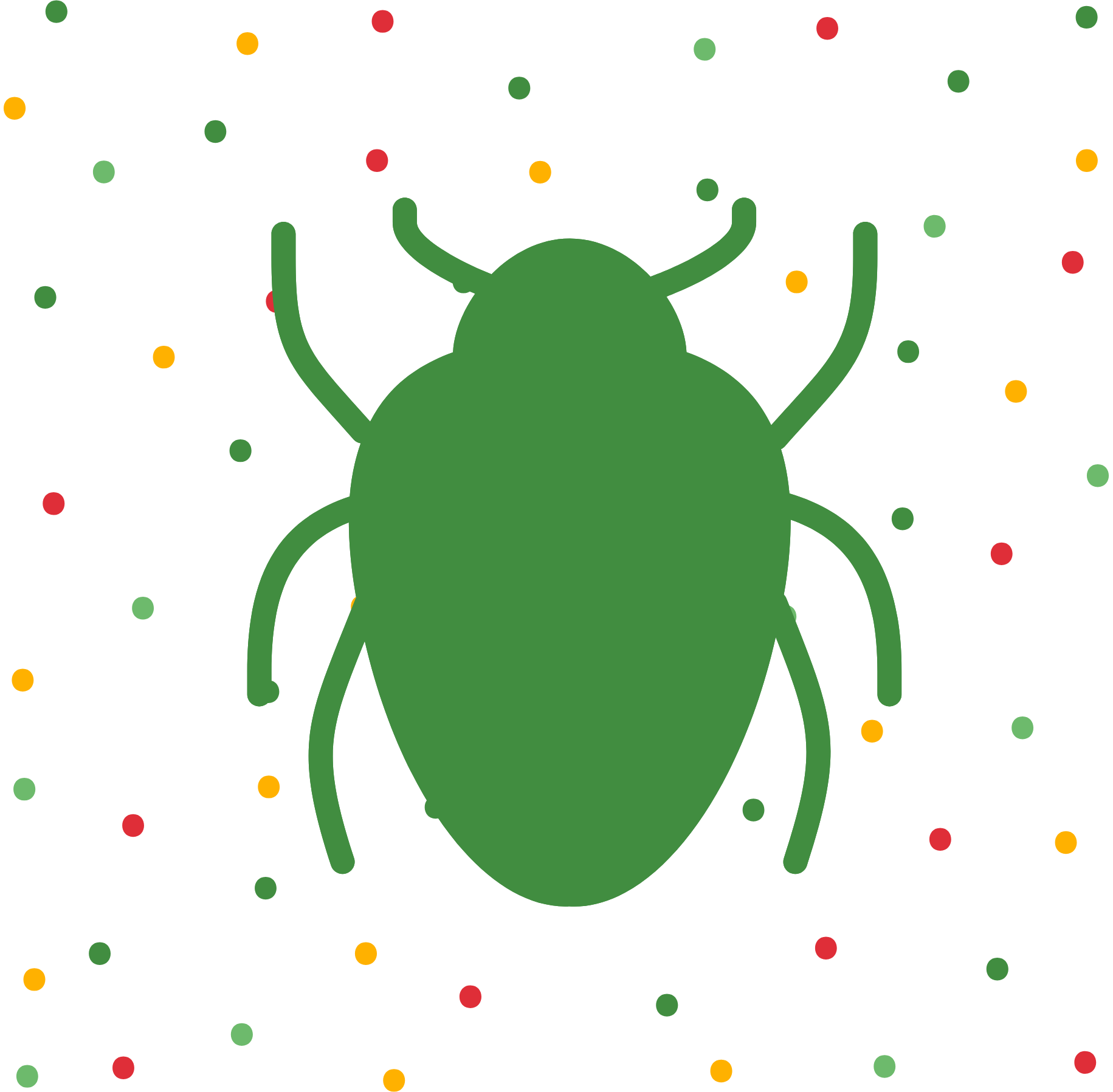Finding a tick in your home can be unsettling—and for good reason. These tiny pests are not just a nuisance; they can carry harmful diseases and, if left unchecked, lead to indoor infestations. But how long can ticks actually survive inside your house? The answer depends on the tick species, environmental conditions, and whether they can find a host.
Let’s explore how long ticks can live indoors, what they need to survive, and how to prevent them from settling into your living space.
Ticks Are Survivors—But They Have Limits
Ticks are resilient creatures, but their survival depends on access to three main things:
- Moisture: Ticks require high humidity to stay alive. Dry indoor air can shorten their lifespan significantly.
- Shelter: Ticks hide in cracks, crevices, fabric, and pet bedding to stay out of sight.
- A Blood Meal: Without a host, ticks can’t move on to the next stage of their life cycle.
The moment a tick enters your home, its survival clock starts ticking—literally.
How Long Can Different Ticks Live Indoors?
Here’s a general idea of how long the most common tick species can survive inside a house:
1. Deer Ticks (Blacklegged Ticks)
- Without a host: A few days to a few weeks, depending on humidity
- With a host (pet or human): They can feed and then drop off to lay eggs if female
Deer ticks are sensitive to dry environments and don’t do well indoors long-term unless conditions are unusually humid.
2. American Dog Ticks
- Without a host: 2 to 3 months
- With a host: Can feed, detach, and lay eggs in secluded indoor spots
These ticks are more robust than deer ticks and may last longer inside, especially in basements, laundry rooms, or bathrooms.
3. Brown Dog Ticks
- Without a host: Several months
- With a host: Can complete their entire life cycle indoors
Brown dog ticks are the most likely to survive and reproduce in homes. Unlike most ticks, they don’t rely on outdoor environments to lay eggs, making them a particular concern for indoor infestations.
Can Ticks Lay Eggs Inside the House?
Yes—but not all ticks will. Most species prefer to lay eggs outdoors in leaf litter or soil. However, brown dog ticks are an exception. They can lay thousands of eggs indoors, usually in hidden places like:
- Cracks in baseboards or flooring
- Behind furniture
- Inside pet bedding
- In corners of garages or laundry areas
Once hatched, larvae can hide in fabric or crevices until they find a host. This is why even one female tick indoors can potentially lead to a larger problem.
Where Do Ticks Hide Indoors?
Ticks don’t roam your house like ants or cockroaches. Instead, they find one good hiding spot and wait for a host to pass by. Indoors, they may hide:
- Along baseboards and in corners
- Under rugs and carpets
- Inside the folds of curtains or blankets
- In laundry piles or dirty clothes
- On pet bedding or soft furniture
Because they’re small and quiet, ticks often go unnoticed until they bite.
What Happens If a Tick Bites You Indoors?
If a tick finds a human or pet host inside, it will attach and begin feeding. This process can take several days. If undisturbed, the tick may stay attached for up to 5–10 days, depending on the species and life stage.
After feeding, the female tick may detach and look for a place to lay eggs, which is where the risk of further indoor infestation begins.
How to Prevent Ticks from Living in Your Home
Ticks may enter your home by clinging to pets, clothing, or even luggage. Here’s how to reduce their chances of survival indoors:
- Inspect pets regularly for ticks, especially after walks or time outdoors.
- Use tick prevention treatments recommended by your vet.
- Vacuum carpets, baseboards, and pet areas frequently.
- Wash pet bedding and soft furnishings in hot water regularly.
- Seal cracks and crevices in baseboards and flooring.
- Avoid storing leaf piles, firewood, or brush too close to the house.
If you suspect a tick infestation, especially from brown dog ticks, professional treatment may be necessary to fully eliminate the problem.
Take Action with Tick & Turf
Ticks aren’t just a seasonal outdoor issue—they can become an indoor problem if they hitch a ride into your home. While most ticks won’t last long in your house, some species can survive for months and even reproduce if conditions are right.
If you’ve spotted ticks indoors or are worried about an infestation, Tick & Turf offers comprehensive tick control solutions to protect your home, your yard, and your peace of mind.
Don’t wait until a bite becomes a problem—contact us today to schedule your tick control in Newtown CT.

